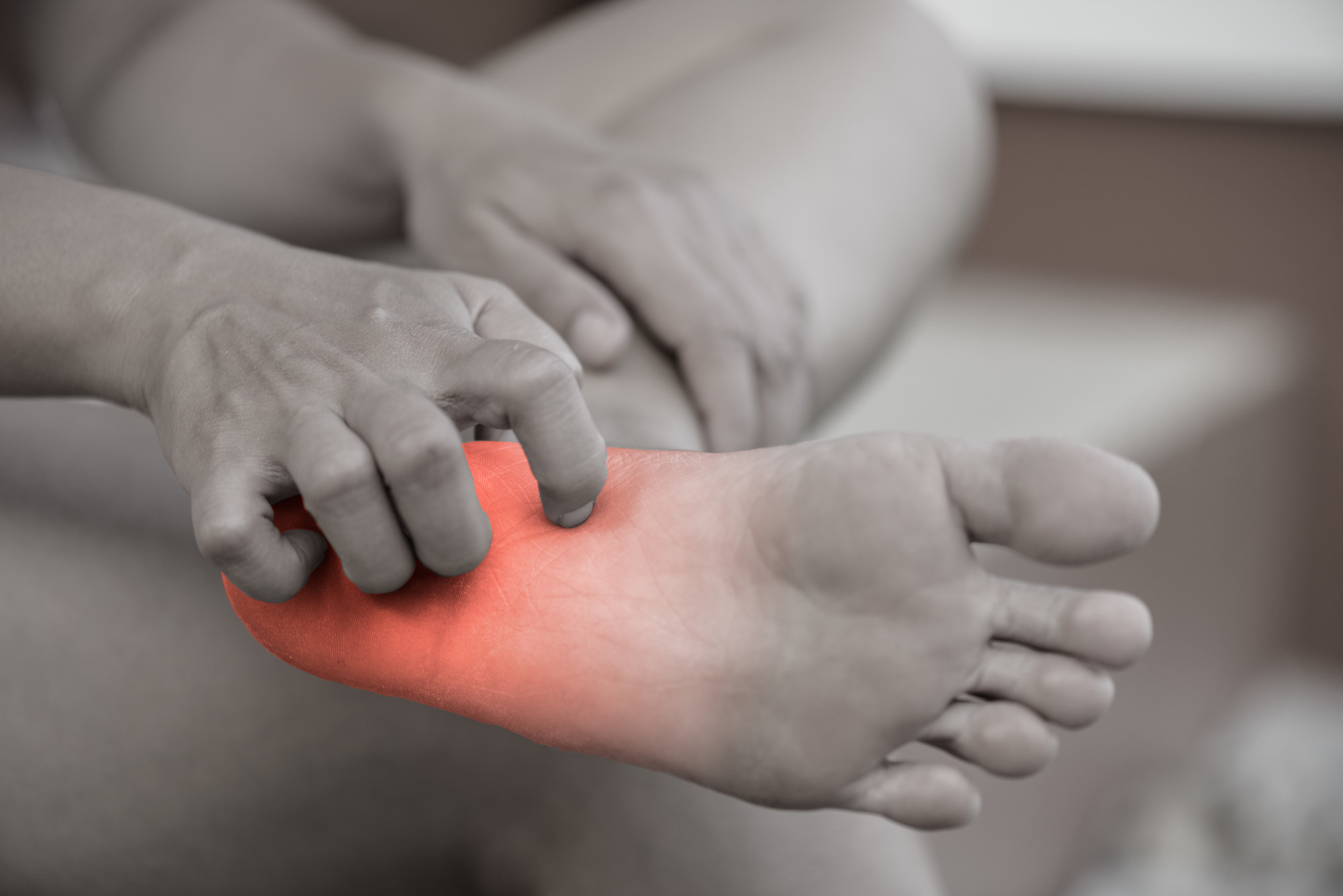
Diabetes and Neuropathy: What Is Diabetic Neuropathy?

Globally, death rates from diabetic complications have increased by 10.8% since 1990. More people are experiencing hospitalizations and complications from diabetes.
Diabetes and neuropathy can increase global health burdens and expenses, leading to long-term complications. Luckily, neuropathy is a manageable diabetic complication. Recognizing early signs can prevent lasting nerve damage.
With proper diabetic neuropathy management, you will also start seeing improvements in your body weight and energy levels. Are you still interested?
We have a must-read diabetic neuropathy guide for you. In our article, we will review what diabetic neuropathy is, the most common types, and how you can start managing it today. Keep reading on for more information!
What Is Diabetes?
Diabetes is a metabolic disorder classified into two categories: type I diabetes and type II diabetes. Another type of diabetes you may hear about is gestational diabetes, occurring during pregnancy and increases one’s risk for type II diabetes later in life.
By far, the most common is type II diabetes, affecting around 90% to 95% of individuals with diabetes. With type II diabetes, a person is unable to utilize insulin. In return, this leads to high blood glucose levels.
While it typically occurs in adulthood, it is not uncommon for teens and adolescents to start developing prediabetes or other symptoms. Lifestyle factors affect the onset and progression of type II diabetes, such as:
- Unhealthy eating
- Lack of exercise/sedentary behavior
- Smoking
- Excess weight
There are some genetic links and predispositions that can increase your risk of diabetes. It is essential that you practice healthy lifestyle choices and regularly visit your doctor for annual physicals.
Diabetes and Neuropathy
What is diabetic neuropathy? It is a medical complication associated with type I and type II diabetes. Chronically high blood sugar levels can damage nerves – usually peripheral nerves – leading to damage.
Some of the symptoms of diabetic neuropathy are:
- Numbness
- Tingling
- Pain
- Weakness
As diabetic neuropathy progresses, you can start having more complications, such as ulcers or poor wound healing. Nerve damage can also affect your balance, coordination, and bladder control. Lesser known symptoms include:
- Diarrhea
- Dizziness
- Erectile dysfunction
- Vaginal dryness
- Vision issues
Autonomic neuropathy is not as prevalent as peripheral neuropathy. However, it causes dysfunction in your cardiac, gastrointestinal, and sex organ systems.
How To Prevent Diabetic Neuropathy
Usually, peripheral neuropathy in diabetic patients progresses slowly. It may start with slight burning, numbness, or tingling. As symptoms progress, it can permanently damage nerves.
When injuries or pressure sores occur (usually on the feet), patients are unable to feel them. Unfortunately, this complication can lead to life-threatening infections or amputations.
Nearly 60% of individuals with diabetes have peripheral neuropathy. The best way to prevent diabetic neuropathy is through blood sugar management. Monitoring your blood sugar and regularly visiting your physician for medication adjustments can prevent severe complications.
Some of the most common medications used for type II diabetes and blood sugar management are:
- Alpha-glucosidase inhibitors
- Biguanides
- Dopamine agonist
- DPP-4 inhibitors
- GLP-1 receptor agonists
- Meglitinides
- SGLT 2 inhibitors
Under these drug classifications, you will find common names like Ozempic, Trulicity, and Glucophage. Metformin is one of the most popular diabetes medications and is also found in various combination types.
Diabetic Neuropathy Tips
If you have mild to moderate diabetic neuropathy, there are tools you can still use to stay healthy. First, follow the steps above and regularly monitor your blood sugar. Next, adjust your eating and activity.
Timing your meals and limiting simple sugars if your blood sugar is high can help you feel more energized and prevent worsening neuropathy. Several studies have shown the importance of exercise in blood sugar management.
After low to moderate intensity workouts, blood sugar levels dropped for the next two to 72 hours. Insulin sensitivity also increases with continued exercise.
Experts recommend progressing up to 60 minutes of activity daily, three days a week. Additionally, aim for at least some activity during your non-workout days for even better results.
Proper Foot Care
Proper foot care is crucial in preventing infections or sores. Researchers interviewed patients with diabetes to better understand how many people recognized diabetic complications.
While three-quarters understood what diabetes was, diabetic foot complications were the least known complications amongst patients. There are several shoe brands that offer adequate support and cushioning for diabetic patients. Avoid walking barefoot since it can increase your chances of a foot injury.
Medical experts recommend checking your feet daily for wounds or blisters that aren’t healing. Other helpful foot care tips include:
- Use warm water to wash feet daily
- Dry your feet completely
- Wear socks with your shoes
- Trim your toenails regularly
- Visit a podiatrist annually
You should never remove calluses yourself. Instead, visit a podiatrist or your primary care provider to avoid complications. When putting your shoes on each day, check the inside for pebbles or rocks that could cause injury and sores.
Properly fitted footwear is also important. Opt for trying on your shoes at the end of the day and visit a specialist if you need custom-fitted footwear.
Start Managing Your Diabetic Neuropathy
Diabetes and neuropathy are two closely intertwined conditions. Without treatment, neuropathy can cause several health complications, including non-healing wounds or amputation.
Nerve damage can eventually put someone in the hospital for infections, surgeries, and other conditions. The best way to manage your diabetic neuropathy is to visit a doctor and manage your blood sugars.
At Kiwi Drug, we offer online doctor visits and various diabetic prescriptions. Visit our page to talk to a licensed online doctor today and save money on prescriptions!
Related Posts

